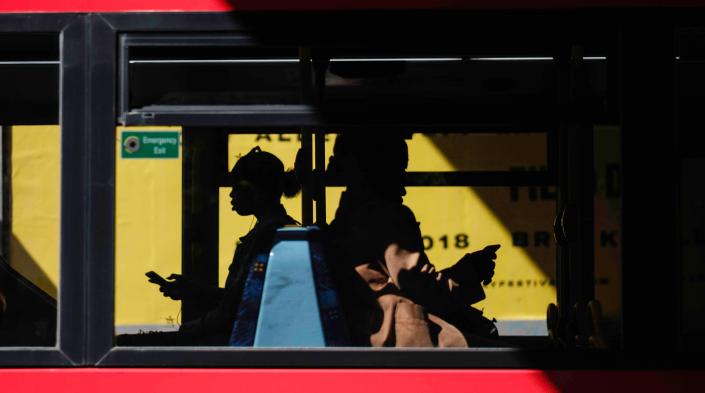 Photo by Brandon Wong on Unsplash (https://unsplash.com/photos/VAl95Na8CJA)
Photo by Brandon Wong on Unsplash (https://unsplash.com/photos/VAl95Na8CJA)
Page last updated on
The Association for Progressive Communications (APC) welcomes the opportunity to contribute to the work of the Office of the High Commissioner for Human Rights (OHCHR) and values the focus of the OHCHR on the question of ways to unpack the gender dimensions of the United Nations Guiding Principles on Business and Human Rights (UNGPs).
The APC Women’s Rights Programme (APC WRP) works to challenge discriminatory norms, structures and practices that prevent women and LGBTIQ communities from benefiting from information and communication technologies (ICTs). This work includes changing the way society sees the internet, as not merely a tool and an avenue for feminist activism, but also as a space where rules, roles and social norms are created and regulated. A great deal of feminist activism takes place online in corporate platforms, where corporate and private sector interests determine the rules through policy or infrastructure. As such, we have worked to challenge and transform the policy and culture that enable or contribute to making online spaces harmful and hostile towards women and LGBTIQ communities, and support groups and networks in engaging with internet policy as a feminist issue, as well as setting up their own independent platforms where rules are negotiated to empower queer and feminist expression and activism.
Our work has engaged internet intermediaries – entities which provide services that enable people to use the internet – as key actors in the landscape of internet governance and policy making, specifically in relation to online gender-based violence (GBV) and sexuality.
This submission draws on this experience to highlight the impact of the policies and practices of internet intermediaries (as business entities) on the ability of women and LGBTIQ communities to access, shape and use ICTs within the context of the full realisation of their human rights. It focuses on two thematic areas: online GBV and sexual rights.


